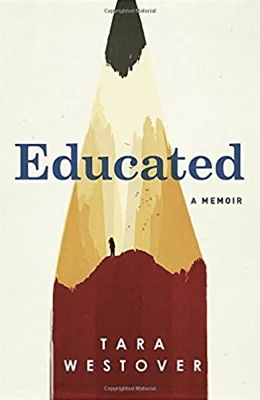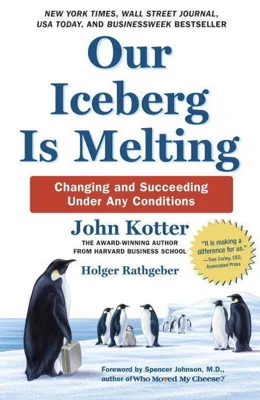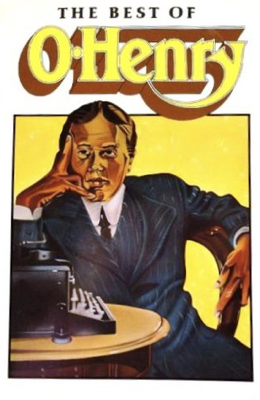Educated: A Memoir
Building a Story Brand
Franklin
By Joe Johnston
Joe Johnston provides a delightful pictorial guide to the early years of Franklin, Tennessee. Franklin is the third "Images of America" publication I have read. Each has provided interesting photos, careful documentation, and interesting insights and anecdotes of highlighted city.
Johnston showed me E.M. Bounds, the author of the classic Power Through Prayer, "spending days walking and praying over the battlefield and the city" after the Battle of Franklin. He has me wanting to dig deeper into why General Hood ordered a frontal assault in that fateful battle, against the judgement of some advisors. He introduced me to three of the famed Tuskegee Airmen as well as little known folks who make Franklin what it is today.
Three reasons to read:
1. Historical context: Johnston provides a steady historical narrative through pictures and captions.
2. Great pictures: If you enjoy old photos--clearly identified--you will love this work.
3. A sampling: The book does not claim to be a definitive history, but a sampling of the people and events that made Franklin the place it is today. It hits the mark.
Great for the visitor or the resident who wants to dig a little deeper into his/her town.
The Last Lion: Volume I
The American Leadership Tradition
By Marvin Olasky and Charles W. Colson
Private morality impacts public action. This is a lesson Marvin Olasky wants us to see in The American Leadership Tradition: Moral Vision from Washington to Clinton. Olasky draws a line between religious beliefs and public policy. He demonstrates his thesis by examining the lives of ten United States Presidents and three citizens of notable repute. Reader beware. There are surprises in these pages, both delightful and disappointing.
The author wants us to grapple with the notion of compartmentalization, i.e. one can lead a duplicitous life in private while publicly parading steady statesmanship. Olasky is out to discredit that belief. He writes, "Integrity stores up principal for future generations, but compartmentalization always leaves a bill, although one that might not be presented for years."
His case is compelling. His scope is impressive. His work is interesting and instructive.
Here are four reasons to read The American Leadership Tradition:
1. Olasky's careful treatment of the presidents (as well as Henry Clay, Booker T. Washington, and John D. Rockefeller). I particularly appreciated his efforts to "unveil" the darker side of Thomas Jefferson, Clay, and John F. Kennedy. I did not feel this was a vendetta or a paparazzian effort, but a careful scholarly look.
2. Olasky's treatment of the impact of the social gospel vs the gospel of grace.
3. Olasky's emphasis on the mistrust caused by compartmentalization and how such mistrust, unexcused in the armed forces, is tolerated in politics.
4. Olasky's bibliography is stellar. He outfits any reader who wants to dig deeper into the lives of Washington, Jefferson, Clay, Lincoln, Booker T. Washington, Rockefeller, Cleveland, T. Roosevelt, Wilson, F. Roosevelt, Kennedy, and Clinton, with an solid group of works from which to begin that study.
My only critique is that despite the outstanding bibliography, Dr. Olasky (a thorough scholar), did not source his work throughout this volume. Overall, I highly recommend The American Leadership Tradition.
Our Iceberg Is Melting
The Best of O. Henry
By O. Henry (William Sydney Porter)
I would buy this book if only for Gifts of the Magi and The Ransom of Red Chief. Gifts of the Magi is a Christmas story that does not lose its shimmer out of season. If you want to know what love is, true love, read Gifts of the Magi. And ANY exhausted and dispirited parent of any rambunctious and precocious ten-year-old must read The Ransom of Red Chief, if only to remind yourself, "I am not alone!" Lively story with a funny twist, it will leave you with that, "Yep. That's a boy!"
Of course, this is O. Henry so you can expect finely spun tales, three-dimensional characters, lively dialogue, intrigue, and enough switch backs to keep one alert and guessing. Such a unique style. Such a command of language.








